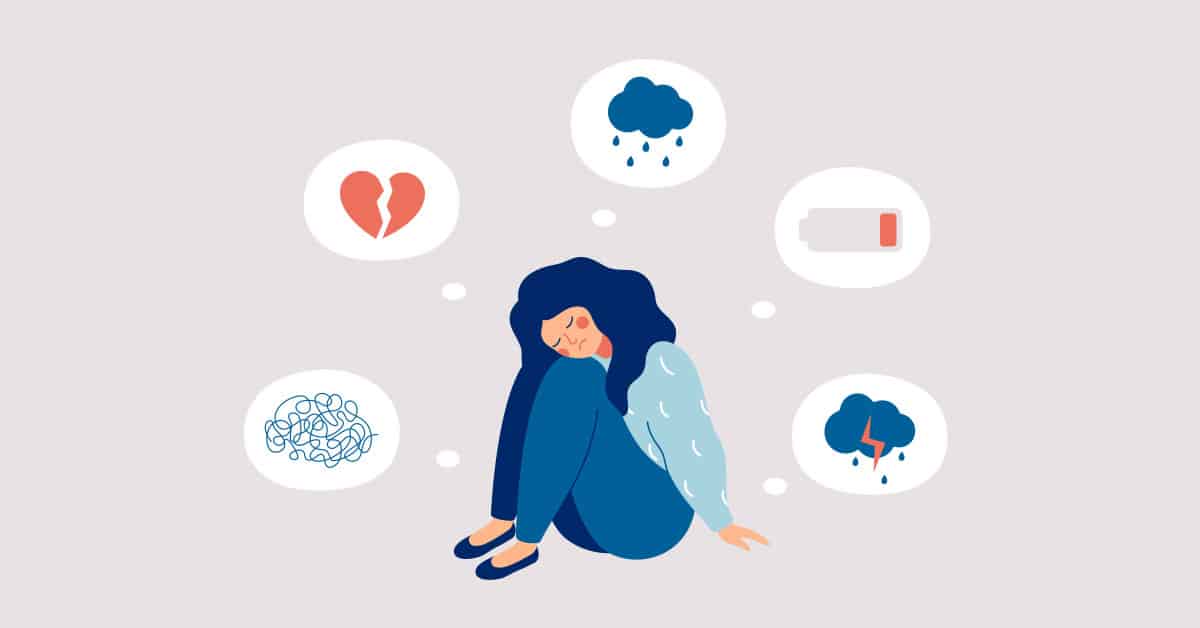Mood disorders are a type of mental illness that affects a person's emotional state and can significantly impact their daily life. These disorders are characterized by extreme and persistent changes in mood, ranging from periods of intense sadness to periods of excessive happiness or irritability. While everyone experiences changes in mood from time to time, mood disorders are more severe and can be long-lasting. In this blog post, we will discuss what you need to know about mood disorders and the role of a psychiatrist in Indore in their treatment.
Types of Mood Disorders:
There are several types of mood disorders, but the most common ones are depression and bipolar disorder. Depression is characterized by persistent feelings of sadness, hopelessness, and loss of interest in activities that a person once enjoyed. On the other hand, bipolar disorder is a condition in which a person experiences extreme mood swings, including periods of depression and mania.
Causes of Mood Disorders:
The exact cause of mood disorders is still unknown, but research suggests that a combination of biological, environmental, and psychological factors can contribute to their development. Some of the risk factors for mood disorders include genetics, traumatic life events, chronic stress, and substance abuse.
Also Read: Bipolar Disorder Treatment in Indore
Symptoms of Mood Disorders:
The symptoms of mood disorders can vary from person to person, but some common signs include:
- Persistent feelings of sadness, hopelessness, or emptiness
- Loss of interest in activities once enjoyed
- Changes in appetite and sleep patterns
- Difficulty concentrating and making decisions
- Irritability and restlessness
- Suicidal thoughts or behaviors
- Extreme mood swings
- Impulsivity and risky behavior
- Fatigue and loss of energy
- Physical symptoms such as headaches, stomachaches, and body aches.
Treatment for Mood Disorders:
Mood disorders can have a significant impact on a person's life, but the good news is that they are treatable. The most common treatment options for mood disorders include medication, psychotherapy, or a combination of both. A psychiatrist in Indore can help diagnose and treat mood disorders by prescribing appropriate medication and providing therapy sessions.
Medication: Antidepressants, mood stabilizers, and antipsychotic medications are commonly used to treat mood disorders. These medications work by balancing the chemicals in the brain that affect mood and emotions.






